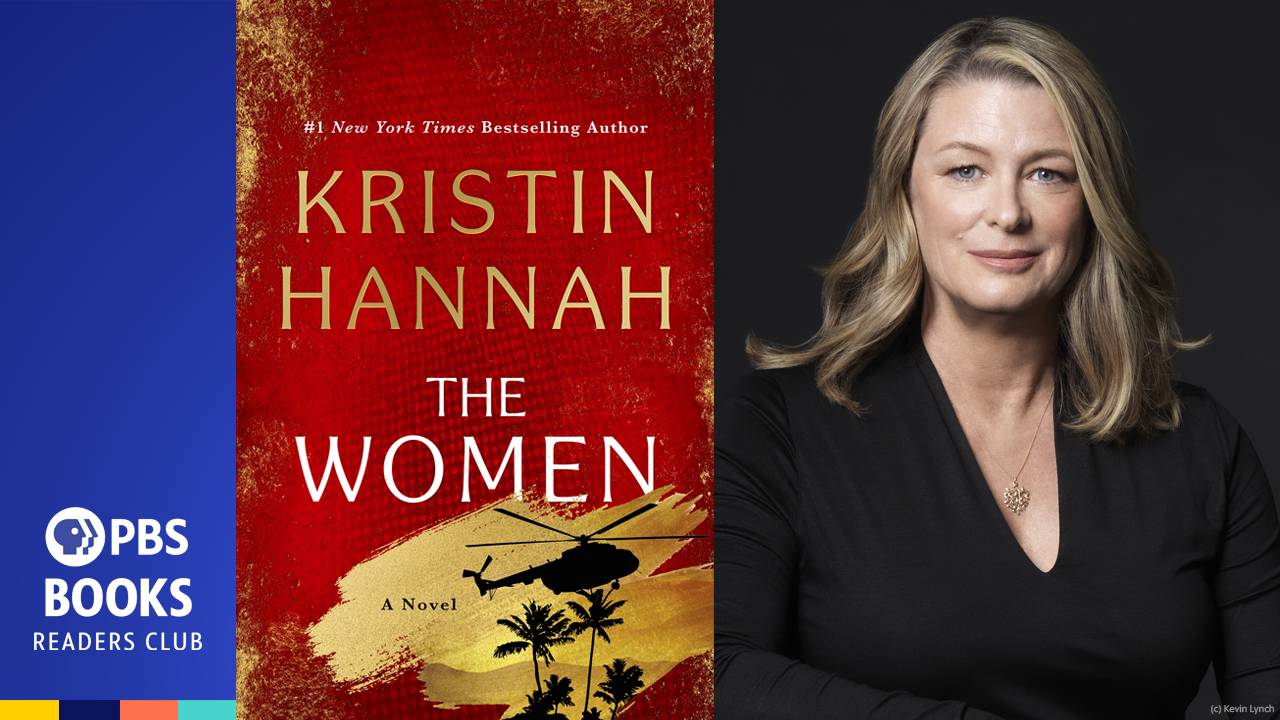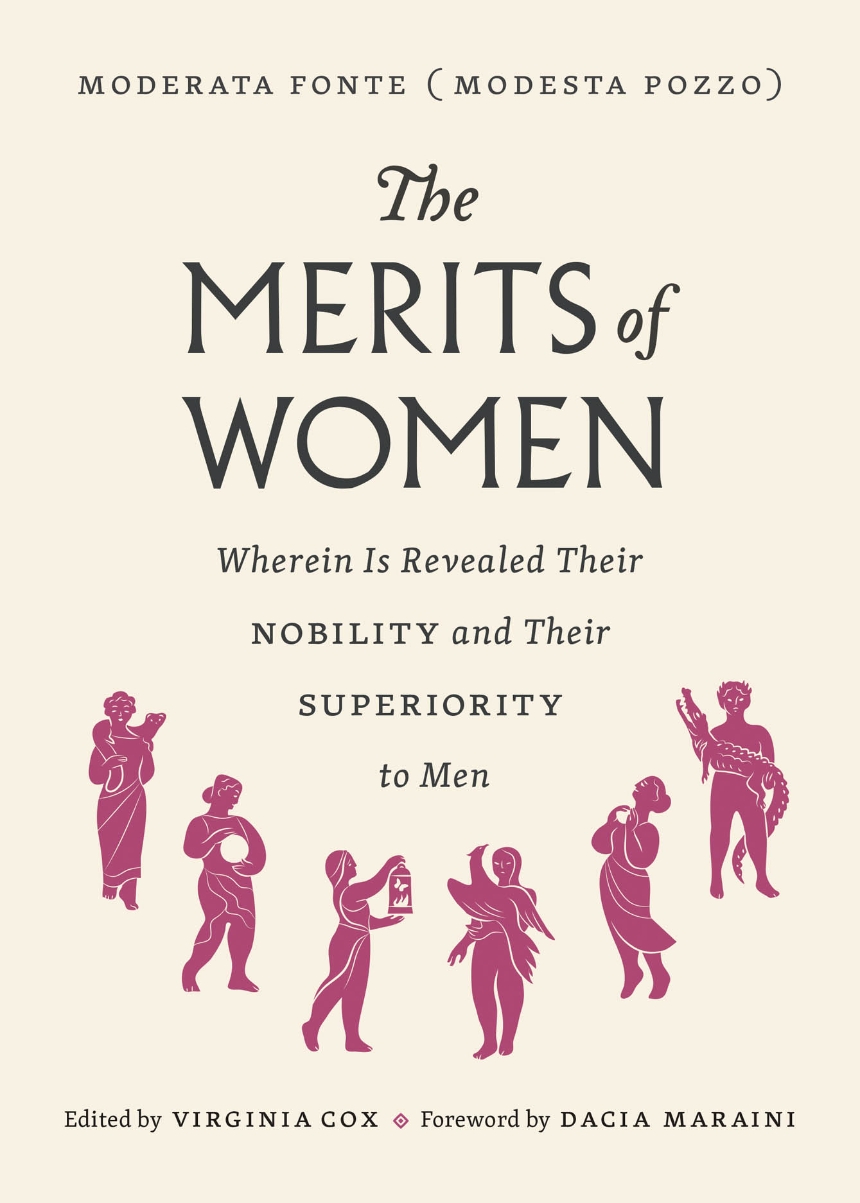The Women: A Deep Dive into Kristin Hannah's Vietnam War Novel

Kristin Hannah’s The Women has captivated readers with its poignant portrayal of female Army nurses serving in the Vietnam War and their struggles both during and after their service. This in-depth analysis explores the novel’s themes, characters, and narrative techniques, drawing on various online reviews and Goodreads discussions to provide a comprehensive understanding of its impact and reception.
The Plot: A Woman’s War and its Aftermath
The novel follows Frances “Frankie” McGrath, a young woman from a privileged background in Coronado Island, California. Inspired by a chance encounter and her brother’s enlistment, Frankie defies her family’s expectations and joins the Army Nurse Corps, finding herself thrust into the brutal realities of the Vietnam War. The book vividly depicts the horrors of war, the constant threat of death, and the overwhelming emotional and physical strain experienced by the nurses. It meticulously details their daily lives – the gruesome injuries they treat, the sheer exhaustion and trauma, and their resilience in the face of adversity.

However, The Women does not solely focus on Frankie’s time in Vietnam. A significant portion of the narrative is dedicated to Frankie’s struggles after returning home. The book powerfully portrays the difficulties faced by returning veterans, particularly women, who were often met with indifference, dismissal, and a lack of understanding regarding their post-traumatic stress. Frankie battles PTSD, addiction, and societal prejudice, highlighting the lasting impact of war on the lives of those who served. This post-war section receives mixed reviews, with some praising its realism and others criticizing its melodramatic tone and somewhat implausible plot points.
Character Development: Frankie and Her Circle
Frankie is initially presented as a naive and idealistic young woman. Her journey throughout the novel is one of profound growth and transformation, fueled by both trauma and the unwavering support of her fellow nurses, Barb and Ethel. While many readers find Frankie relatable and admire her courage and dedication, others criticize her impulsive decisions and sometimes frustrating behaviors, particularly in the second half of the book. The development of Barb and Ethel, while significant contributors to the narrative, feels comparatively less explored than Frankie’s, leaving readers wanting a more in-depth look into their personal journeys and experiences.

The male characters in The Women receive mixed reviews. While some readers appreciated the depiction of their flawed humanity and the complexities of relationships formed in times of war, others felt the romantic elements were overly sentimental and predictable, detracting from the novel’s overall impact.
Narrative Techniques and Writing Style: A Double-Edged Sword
Kristin Hannah’s writing style in The Women is a source of both praise and criticism. The vivid descriptions and emotional depth effectively immerse the reader in Frankie’s experiences. However, the extensive detail, particularly regarding Frankie’s clothing and surroundings, is sometimes perceived as excessive, leading to accusations of “overwriting”. The frequent use of foreshadowing, while intended to build suspense, is also criticized for rendering the plot predictable for some readers. The author’s note, intended to provide context and transparency about her research, also receives mixed reactions; while appreciated by some, others find it somewhat defensive given certain perceived inaccuracies in the portrayal of Vietnam.

Critical Reception: A Spectrum of Opinions
Online reviews of The Women showcase a broad spectrum of opinions. Many readers wholeheartedly praise the book, showering it with five-star ratings. They laud Hannah’s ability to evoke strong emotions, her meticulous research, and the powerful message about the often-overlooked contributions of women in wartime. These positive reviews often highlight the book’s ability to generate empathy and promote reflection on the lasting impacts of war and the importance of remembering and acknowledging the experiences of women veterans.
On the other hand, several reviews express more critical perspectives. These reviews often point out perceived inconsistencies in the plot, the melodramatic tone of the post-war sections, and what some critics identify as a somewhat simplistic, white-saviour perspective on the Vietnam War. The writing style, while appreciated for its emotional impact, is also criticized for being overly descriptive and occasionally predictable. Specific criticisms include the characterization of Frankie, the handling of romantic subplots, and certain historical inaccuracies, particularly regarding the depiction of Vietnam and its people. The lack of focus on multiple female perspectives, beyond that of Frankie, also contributes to some of the negative feedback.
Genres and Themes: A Blend of Historical Fiction and Personal Journey
The Women deftly blends several genres, primarily historical fiction with elements of war literature and coming-of-age narratives. The historical context of the Vietnam War is central to the story, providing a backdrop against which Frankie’s personal transformation unfolds. The narrative’s exploration of themes like female empowerment, the emotional toll of war, and the importance of female friendship resonate deeply with many readers. The book’s exploration of PTSD and the challenges faced by returning veterans adds depth and relevance to the narrative, making it accessible beyond the confines of historical fiction enthusiasts. The inclusion of romance, while contributing to the overall emotional journey, also generates varied opinions within the reader base. Some find it enriching, while others view it as a distraction from the central theme.
Cultural Impact and Literary Influence: Remembering the Unsung Heroines
Despite the mixed reviews, The Women has undoubtedly made a cultural impact by highlighting the stories of female veterans often forgotten or overlooked in historical accounts of the Vietnam War. By giving a voice to these women and their experiences, Hannah contributes to a growing body of literature that challenges traditional narratives and promotes a more inclusive understanding of history. The novel’s popularity and subsequent adaptations (planned major motion picture) further solidify its place in contemporary culture and its capacity to foster discussion and remembrance regarding these often untold stories.
The book’s reception also emphasizes the ongoing importance of diverse voices in literature. The criticisms directed at The Women highlight the complex considerations when representing historical events and their effect on various cultures and populations. The debate surrounding the book’s accuracy and narrative choices sparks vital discussions about authenticity, perspective, and the responsibilities of authors when representing marginalized or underrepresented groups in historical fiction.
Conclusion: A Powerful, Though Imperfect, Narrative
Kristin Hannah’s The Women is a powerful and emotionally charged novel that undeniably brings to light a significant aspect of the Vietnam War experience—the contribution and struggles of female nurses—often ignored or minimized. While its execution receives mixed reviews, with varying opinions on the character development, plot structure, and writing style, the book’s core intention – to commemorate the heroism and sacrifice of these women – remains undeniably impactful. The controversy surrounding the novel reflects the ongoing conversation about representation in historical fiction and the challenge of achieving both emotional resonance and historical accuracy. Ultimately, The Women serves as a reminder of the complexities of war, the resilience of the human spirit, and the power of storytelling to bring untold narratives to the forefront.